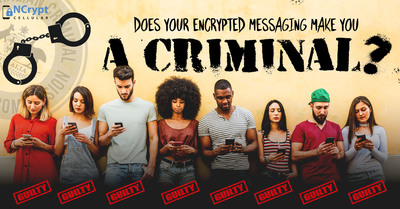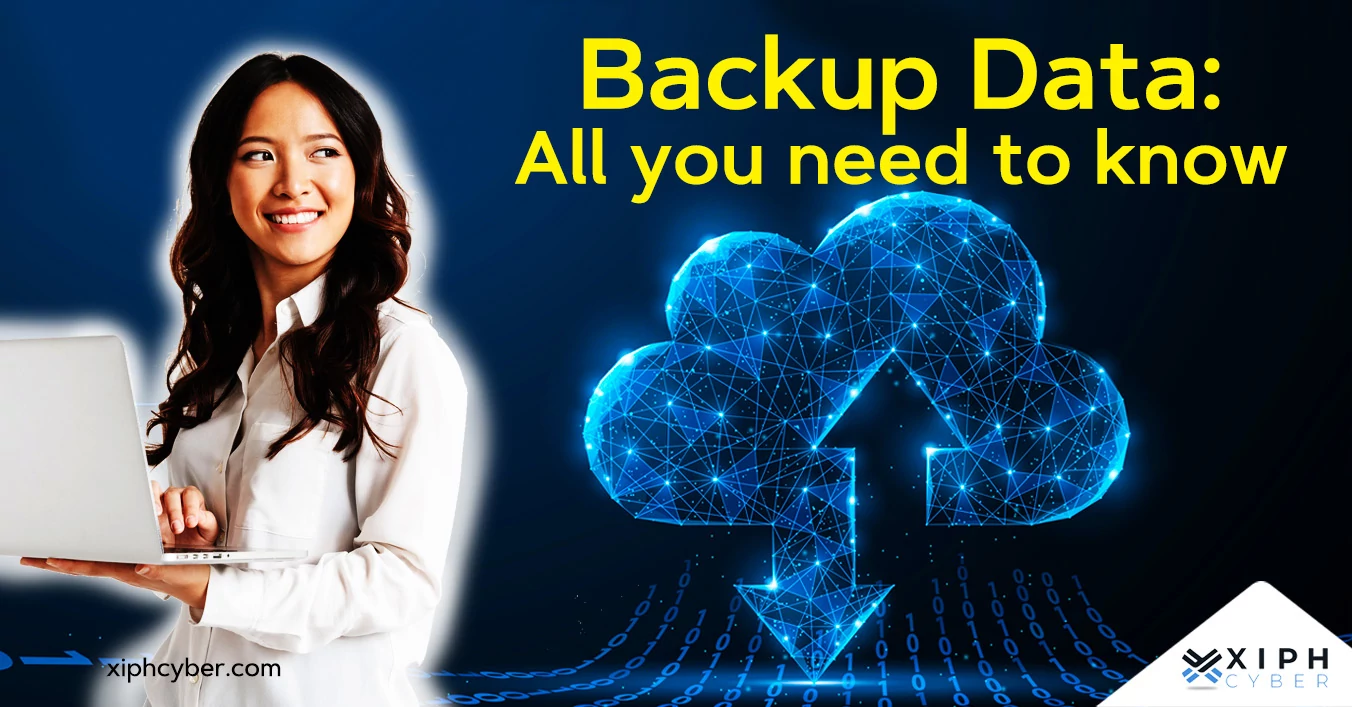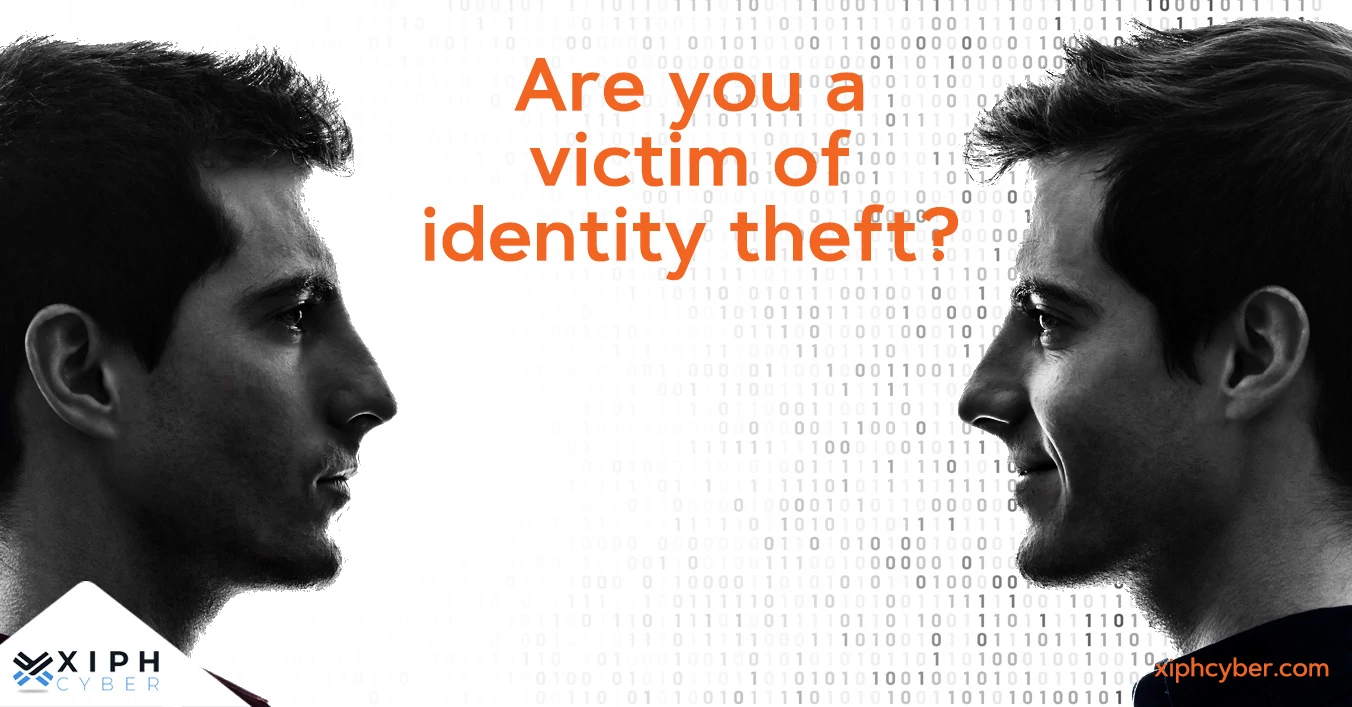Published May 31, 2021 by Xiph
Generalisations are the new weapon of choice in the battle for online privacy
Here’s what you can’t do. You cannot take something that is true for a certain (small) percentage of the population and then assert that it is true for the entire population in order to push through legislation that affects that same population’s right to privacy. Despite the logic in this statement, it seems that those in high places are willing to give it go when it comes to opposing encryption.

The Australian Criminal Intelligence Commission has categorically stated that, “these platforms are used almost exclusively by SOC (serious and organised criminal) groups and are developed specifically to obscure the identities of the involved criminal entities and enable avoidance of detection by law enforcement.” By “these platforms”, it seems that references are being made to platforms (like Signal or whatsapp and others) that offer their users the peace of mind that comes with encryption for privacy. The phrase, “almost exclusively by SOC” suggests that the people you know and are possibly friends with or even related to who use encrypted platforms are almost exclusively serious and organised criminals. To be clear, they are not talking about people that may have downloaded the latest blockbuster movie illegally, they are referring to the stains on society that commit serious crimes on purpose and with malice of forethought and an abundance of planning… apparently. Does this sound right to you? Does this accurately characterise those that prefer to keep private conversations, data and opinions private?
At this point, it once again needs to be said and stressed that criminals need to be brought to justice and society needs to be kept as safe as possible – government agencies certainly have an important and valuable role to play there. By the same, token it must also be suggested, as many others have already, that this may be achieved without trampling the law-abiding citizenry’s right to privacy underfoot.
Who is fact checking the fact-checkers?
So, if it’s not your family, your friends, your work colleagues and teammates or even yourselves that are using encrypted platforms almost exclusively for organised crime, is that italicised statement from ICAC even remotely accurate? There must be better ways to push through new legislation meant to allow Australian authorities to hack, edit, delete or copy material on digital accounts. And again, in the pursuit and apprehension of serious criminals, we understand that some latitude could be justified however, when we’re told that the innocent have nothing to worry about… comparisons are naturally drawn to the Telecommunications and Other Legislation (assistance and Access) Act 2018. That legislation was used to justify multiple raids relating to journalists covering alleged war crimes in Afghanistan not anti-terrorism measures as originally advertised.
In short, we know that companies, legitimate businesses that vary in size from “Mum and Dad” stores to larger entities turning over millions and millions every year, do need to play their commercially sensitive cards close to their chests. Particularly when competition in the marketplace is so fierce and speed to market is often critical to success. In cases such as these, and there are many, people quite rightly see value in protecting their information, data and communications because their livelihoods depend on it… and it’s their right.
But surely the right to privacy isn’t the sole preserve of businesses. What about individuals?
Can I tell you a secret? Yes, but you’ll have to tell everyone though…
Legitimate reasons for wanting to keep a private conversation or communication private are literally innumerable. Again, it has been widely acknowledged that there are people out there that use the dark web and encryption for illegal activities, but does that justify suggestions that, “there is no justifiable reason why a law-abiding citizen would need to use an encrypted communication platform”?
We all have secrets and our reasons, be they commercial or personal, should be deemed innocent until proven guilty. Those in power need to understand that the use of encryption to protect privacy does not point to guilt and/or wrongdoing. In short, encryption, protection of privacy and the safeguarding of commercially sensitive data and information via encryption is most certainly not a criminal act.
If you are unsure of how best to protect your or your company’s privacy, why not explore some secure options right here or contact us direct. We are here to help.
Posted in: Security


